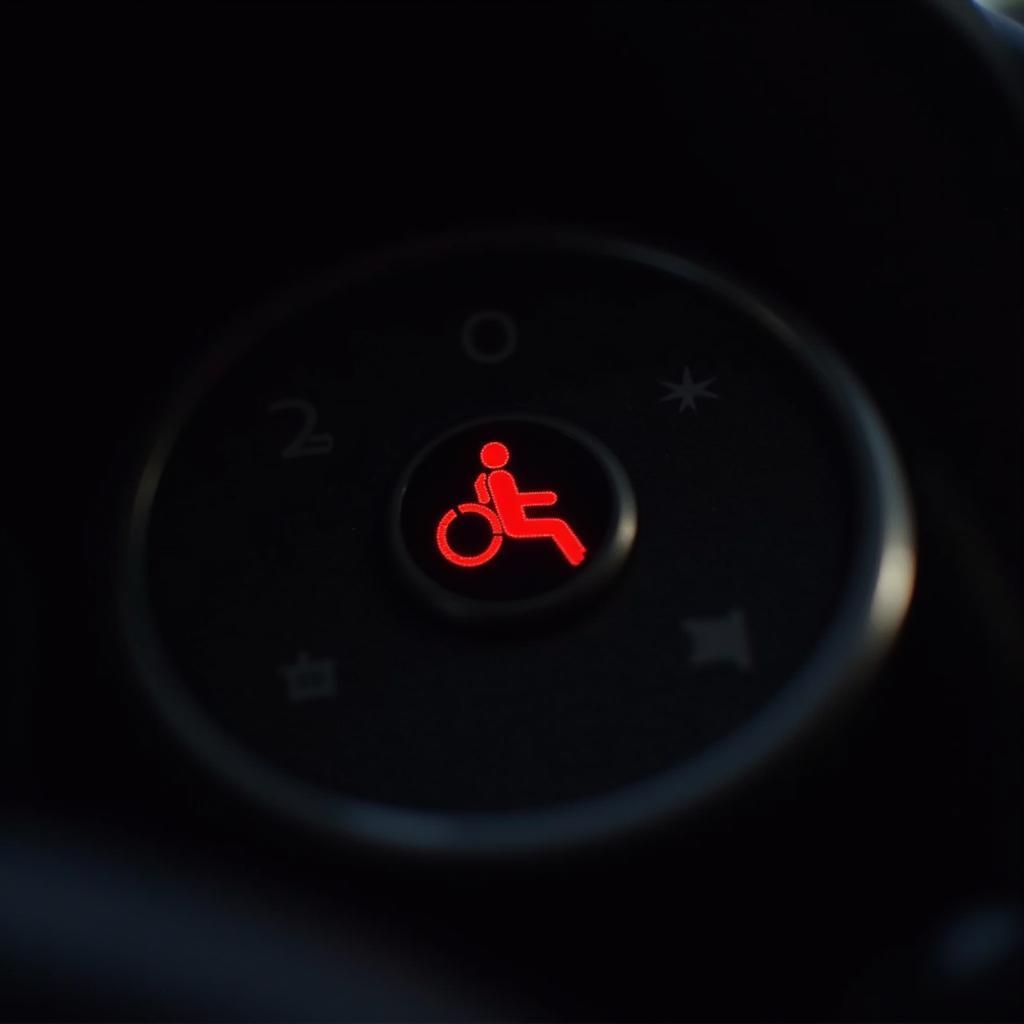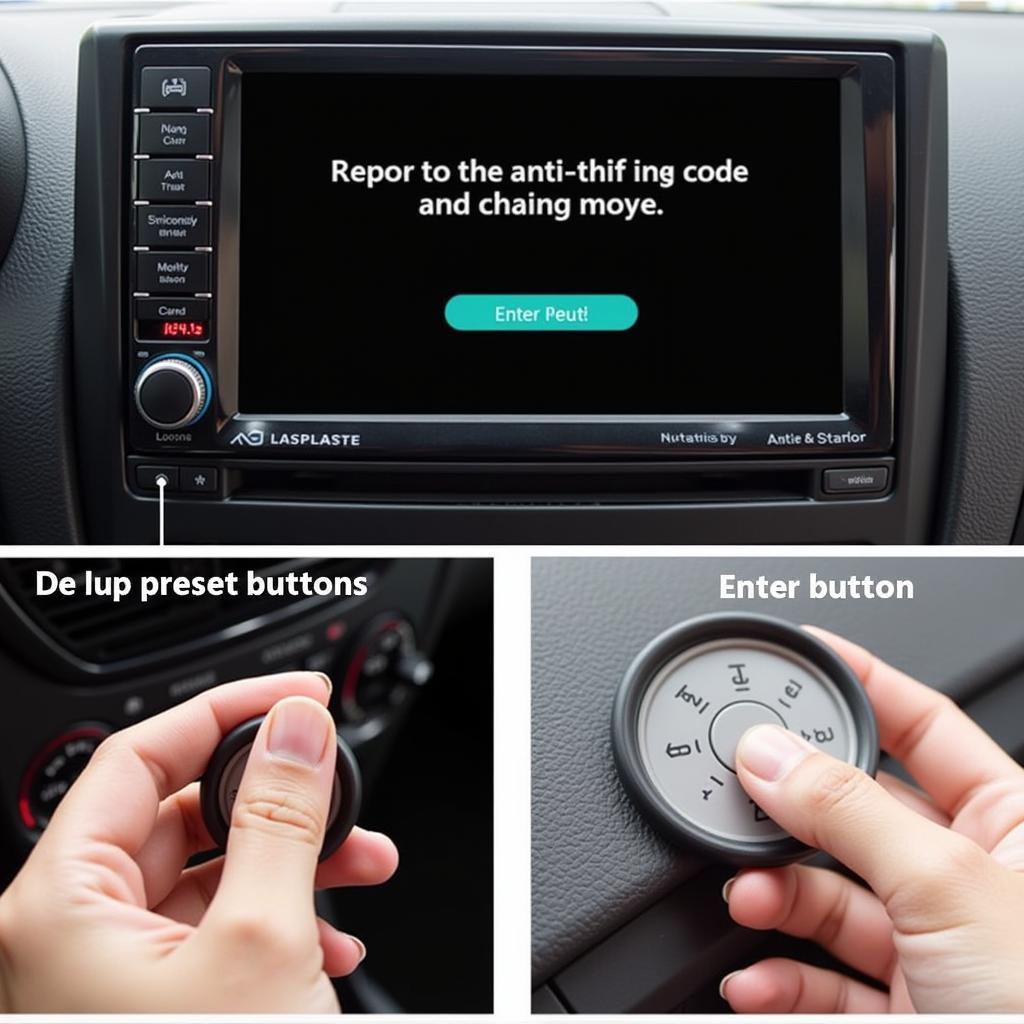If your battery keeps draining, you’re not alone. This common car issue can be frustrating and even dangerous, leaving you stranded at the most inconvenient times. Understanding the root causes and knowing how to troubleshoot this problem can save you time, money, and a lot of headaches. This comprehensive guide will equip you with the knowledge and tools to identify the culprit and get your car back on the road.
 Car Battery Draining at Night
Car Battery Draining at Night
Why is My Car Battery Draining So Fast?
There are several reasons why your car battery might be draining quickly. Some of the most common culprits include a faulty alternator, parasitic drain, corroded battery terminals, extreme temperatures, old age, and even driving habits. Let’s delve deeper into each of these potential issues.
The Alternator: Your Battery’s Best Friend (Or Worst Enemy)
The alternator is responsible for recharging the battery while the engine is running. If the alternator isn’t functioning correctly, your battery won’t charge properly, eventually leading to a dead battery. car battery not recharging.
Parasitic Drain: The Silent Battery Killer
A parasitic drain refers to any electrical component that continues to draw power even when the car is turned off. This can be anything from a faulty interior light to a malfunctioning radio. Identifying and eliminating parasitic drains is crucial to preventing battery drain.
Corroded Battery Terminals: A Common Culprit
Corroded battery terminals can disrupt the flow of electricity between the battery and the car’s electrical system. This can lead to starting problems and ultimately, a drained battery. Regularly cleaning your battery terminals can help prevent this issue.
Extreme Temperatures: A Battery’s Nemesis
Both extreme heat and extreme cold can negatively impact your battery’s performance and lifespan. Extreme temperatures can accelerate the chemical reactions within the battery, leading to faster discharge.
Old Age: Time Takes Its Toll
Like any other component, car batteries have a limited lifespan. As a battery ages, its ability to hold a charge diminishes, making it more susceptible to draining.
Driving Habits: Short Trips Can Drain Your Battery
Frequent short trips don’t give the alternator enough time to fully recharge the battery after starting the car. This can lead to a gradual drain over time.
“Many drivers underestimate the impact of short trips on their battery’s health,” says John Smith, a certified automotive technician with over 20 years of experience. “If you primarily drive short distances, consider taking longer drives occasionally to allow the alternator to fully recharge the battery.”
Troubleshooting a Draining Car Battery
So, how do you diagnose the specific reason your battery keeps draining? Here are some steps you can take:
- Visual Inspection: Check for any obvious signs of damage or corrosion on the battery terminals and cables.
- Battery Test: Use a multimeter to test the battery’s voltage. A fully charged battery should read around 12.6 volts. If the voltage is significantly lower, the battery might need to be replaced. signs you need new car battery.
- Alternator Test: Have the alternator tested to ensure it’s functioning correctly.
- Parasitic Drain Test: Use an ammeter to check for any current draw when the car is off. This can help identify parasitic drains.
What if my battery dies while driving?
A battery dying while driving can be a dangerous situation. battery die while driving. It usually indicates a serious problem with the charging system. If you experience this, pull over safely and seek professional assistance immediately. What if you locked key fob in car? Then, you might have a double problem. Especially if your car no battery to use the remote unlock.
Preventing Battery Drain: Proactive Measures
“Preventive maintenance is key to avoiding battery-related issues,” says Jane Doe, a leading automotive electrical systems engineer. “Regularly checking and cleaning your battery terminals, ensuring proper alternator function, and being mindful of your driving habits can significantly extend the life of your battery.”
- Regular Maintenance: Clean your battery terminals regularly and have your battery and charging system checked during routine maintenance.
- Limit Short Trips: If possible, consolidate short trips into longer drives to give your alternator sufficient time to recharge the battery.
- Turn Off Accessories: Make sure all lights and accessories are turned off when the car is not in use.
Conclusion: Keeping Your Battery Healthy
Dealing with a constantly draining car battery can be a frustrating experience. However, by understanding the potential causes, following the troubleshooting steps, and practicing proactive maintenance, you can keep your battery healthy and avoid being left stranded. Remember, a well-maintained battery is crucial for reliable and safe driving.
FAQ
- How long should a car battery last? Typically, a car battery lasts between 3 and 5 years.
- What are the signs of a bad alternator? Dimming headlights, flickering interior lights, and strange noises coming from the engine are potential signs of a failing alternator.
- Can I jump start a car with a completely dead battery? Yes, you can jump-start a car with a completely dead battery, but it might take longer for it to charge enough to start the engine.
- How do I clean corroded battery terminals? You can clean corroded battery terminals using a mixture of baking soda and water.
- Is it bad to leave my car unused for long periods? Yes, leaving a car unused for extended periods can lead to battery drain.
- What is a parasitic drain test? A parasitic drain test measures the current draw from the battery when the car is off, helping identify components that are drawing power even when they shouldn’t be.
- Should I replace my battery if it keeps draining? If troubleshooting reveals a problem with the battery itself and not another component, then replacing the battery is likely the best solution.



